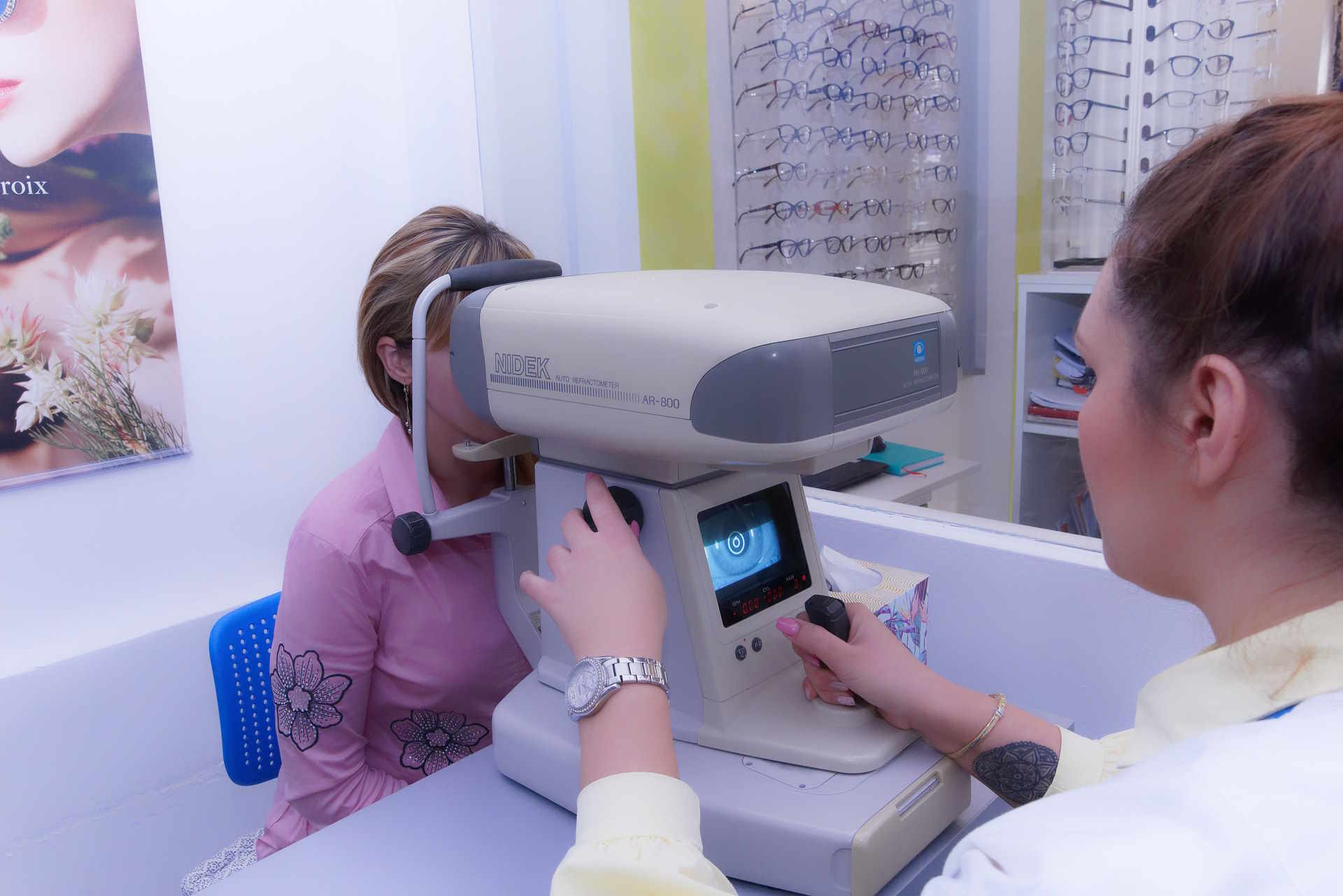What an Eye Test Might Reveal
Vision problems often develop slowly, with early signs going unnoticed. Regular eye tests are not only about reading letters on a chart — they can also detect hidden conditions that affect overall health. Experts now emphasize how routine eye exams can reveal early signs of diabetes, high blood pressure, and even neurological concerns. In some cases, people who believed their eyesight was fine were surprised by what a test uncovered. As people age, small changes in vision can signal something more serious. That’s why many are being encouraged to get checked, even without obvious symptoms. Understanding what an eye test can reveal might help prevent long-term issues. Staying informed starts with a simple step — one that could make a difference.

What are the key components of a comprehensive eye test?
A thorough eye examination involves several tests that assess different aspects of eye health and vision. These typically include visual acuity tests, which measure how well you can see at various distances. Refraction tests determine if you need corrective lenses. Eye pressure tests check for glaucoma, while dilated eye exams allow optometrists to examine the retina and optic nerve for signs of disease. Additionally, eye muscle balance tests and color vision screenings are often part of a complete eye exam.
How can an eye test detect signs of diabetes?
Eye tests can be instrumental in detecting early signs of diabetes, even before a person experiences noticeable symptoms. During a dilated eye exam, an optometrist can observe changes in the blood vessels of the retina that may indicate diabetic retinopathy. These changes can include swelling, leaking, or abnormal growth of blood vessels. Detecting these signs early can lead to timely intervention and management of diabetes, potentially preventing severe complications.
What can eye tests reveal about cardiovascular health?
Surprisingly, an eye test can provide valuable information about your cardiovascular health. By examining the blood vessels in the retina, optometrists can detect signs of hypertension, such as narrowing or bending of the vessels. These changes often mirror what’s happening in blood vessels throughout the body. Additionally, cholesterol deposits in the eyes can be visible during an exam, potentially indicating a higher risk of heart disease or stroke.
Can eye tests help in early detection of neurological conditions?
Eye tests have the potential to reveal early signs of neurological conditions, making them an unexpected ally in brain health. Optometrists can sometimes detect swelling of the optic nerve, which may be an indicator of increased intracranial pressure. This could be related to conditions such as brain tumors or multiple sclerosis. Furthermore, certain eye movement abnormalities or changes in pupil reactions can suggest neurological issues that warrant further investigation.
What unique insights can eye tests provide for residents in the Netherlands?
In the Netherlands, eye health professionals are at the forefront of innovative screening techniques. Dutch researchers have been pioneering the use of advanced imaging technologies, such as optical coherence tomography (OCT), which can detect early signs of age-related macular degeneration - a leading cause of vision loss among older adults. Additionally, the Netherlands has a strong focus on preventive care, with many health insurance plans covering regular eye exams, making it easier for residents to stay on top of their eye health and overall wellbeing.
How often should one get an eye test, and what are the typical costs?
The frequency of eye tests can vary depending on age, health conditions, and risk factors. Generally, adults should have a comprehensive eye exam every 1-2 years, while children and seniors may need more frequent check-ups. In the Netherlands, the cost of eye exams can vary depending on the provider and the extent of the tests performed.
| Provider | Basic Eye Test | Comprehensive Eye Test |
|---|---|---|
| Hans Anders | €10 - €20 | €40 - €60 |
| Pearle | €15 - €25 | €45 - €65 |
| Specsavers | Free* | €35 - €55 |
| EyeWish | €20 - €30 | €50 - €70 |
*Free eye tests may be offered as part of promotional campaigns or with the purchase of glasses.
Prices, rates, or cost estimates mentioned in this article are based on the latest available information but may change over time. Independent research is advised before making financial decisions.
Regular eye tests are crucial for maintaining not just eye health, but overall wellbeing. They can reveal a wealth of information about various aspects of our health, from vision changes to signs of systemic diseases. By understanding the importance of these exams and what they can uncover, individuals can take a proactive approach to their health care. Whether it’s detecting early signs of diabetes, cardiovascular issues, or neurological conditions, eye tests serve as a valuable tool in preventive medicine, potentially catching problems before they become serious health concerns.
This article is for informational purposes only and should not be considered medical advice. Please consult a qualified healthcare professional for personalized guidance and treatment.






